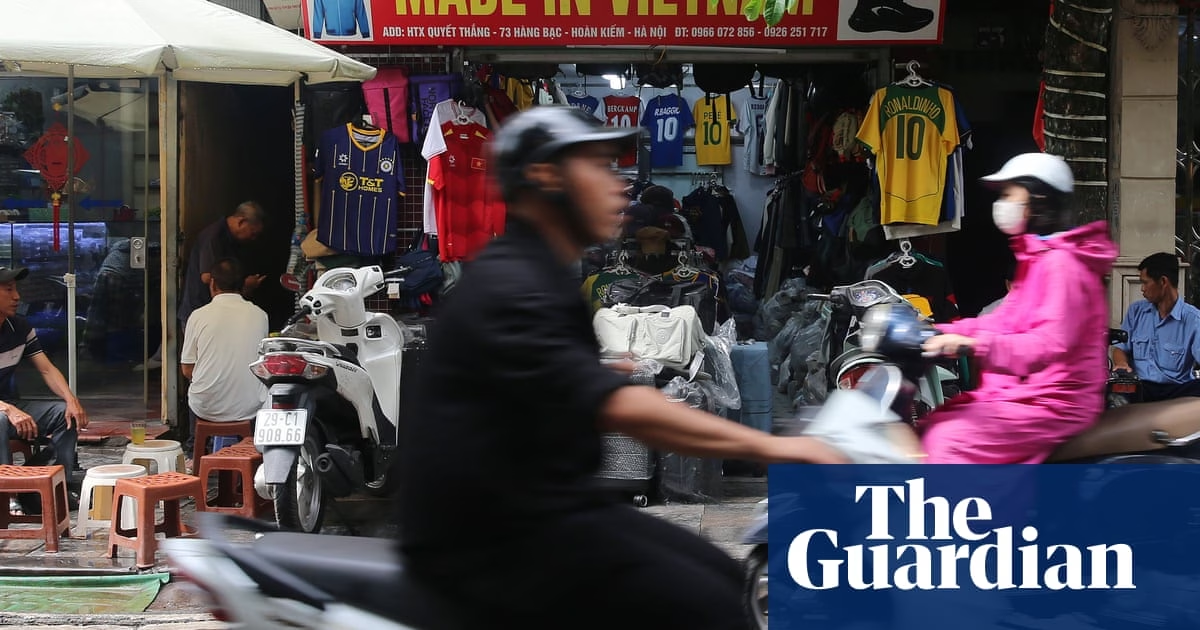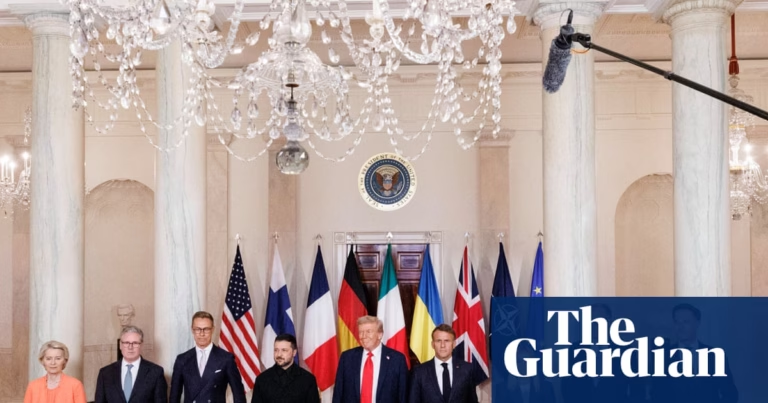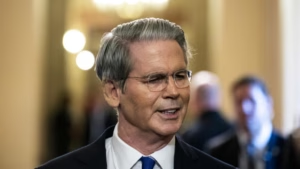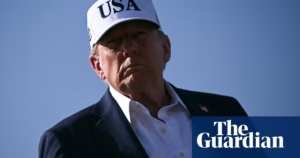When it was announced that Vietnam would be the second country to reach a preliminary tariff agreement with Washington, clothing companies and manufacturers saw increased optimism, and their shares rose accordingly. However, this positive trend did not last long as it became clear that the specifics of the deal may actually benefit China, Vietnam’s neighbor.
Vietnam managed to avoid the severe 46% levy initially threatened, and instead, it will face a 20% tariff for many products. In return, US products will have zero tariffs placed on them when entering the country. On the other hand, a 40% tariff will remain for so-called “transshipments,” a measure aimed at Chinese companies accused of sending their products through Vietnam to avoid US tariffs.
Businesses are concerned that the term “transshipment” might be too politicized and could unfairly target certain goods. Dr. Nguyen Khac Giang, a visiting fellow at the ISEAS Yusof Ishak Institute, emphasizes that Vietnam is a manufacturing hub, and it is unrealistic to expect most products, except agricultural ones, to be made entirely in the country.
The implications of how transshipments are defined and enforced under the agreement could have significant effects on global trade and aid to create tension with China. Stephen Olson, a former US trade negotiator, stated that the US intends to use these agreements to put pressure on China.
Vietnam’s manufacturing industry is closely linked to both the US and China. The US exports account for 30% of Vietnam’s GDP, while China is its largest import source for raw materials. If companies are expected to prove the origin of all their goods, this could burden industries like textiles that have low margins.
To clarify how the deal will affect the industry and businesses, companies are mainly waiting for more information. Policymakers in Hanoi are also walking a tightrope between Washington and Beijing. Vietnam considers the US a crucial export market and a security partner to counterbalance China’s aggressive behavior. However, there is a risk that Beijing may retaliate economically or put pressure on Vietnam regarding territorial disputes in the South China Sea.
While aggressive retaliation by Beijing against Hanoi is unlikely, Vietnam has been attempting to maintain goodwill towards China while also trying to court the US. In exchange for the tariff rate, Vietnam agreed to open its market to US goods, with Trump praising the potential for US-made SUVs to be sold in Vietnam. Despite this, the car market in Vietnam remains relatively small.
Source: https://www.theguardian.com/world/2025/jul/07/vietnam-trump-tariff-deal







